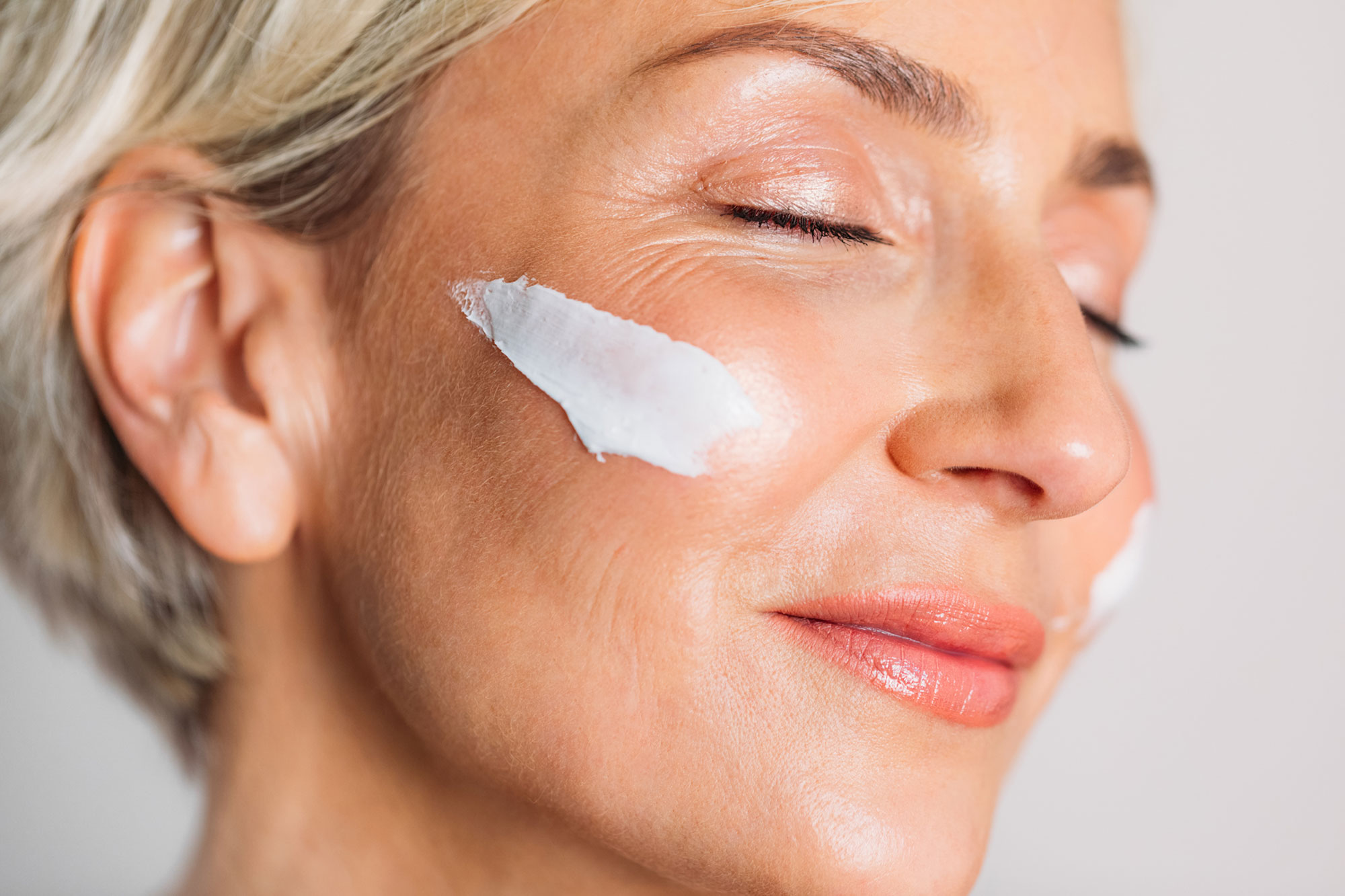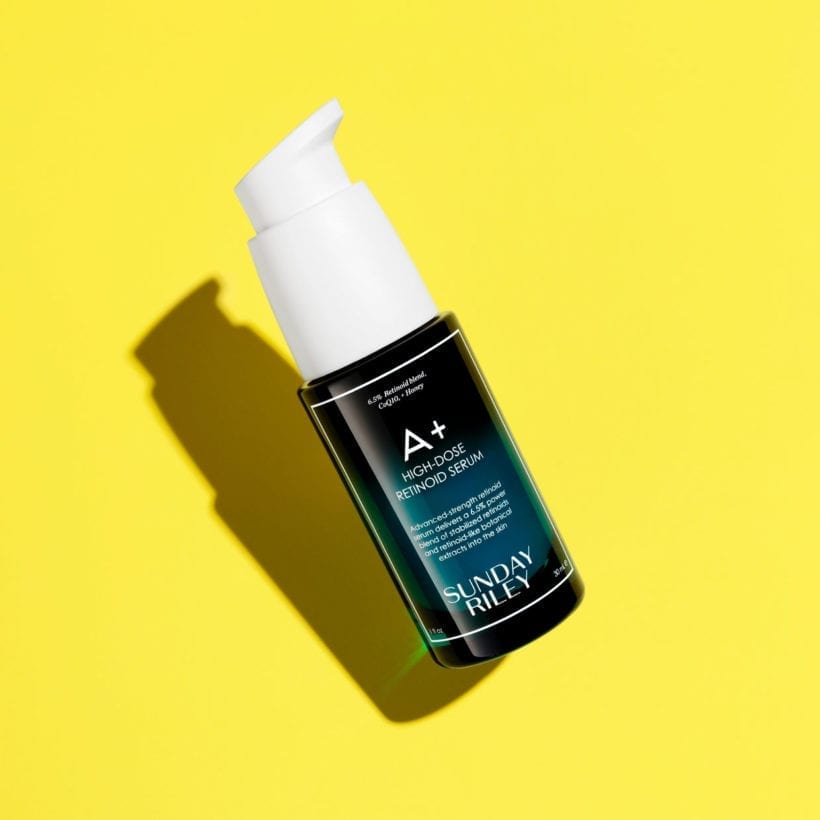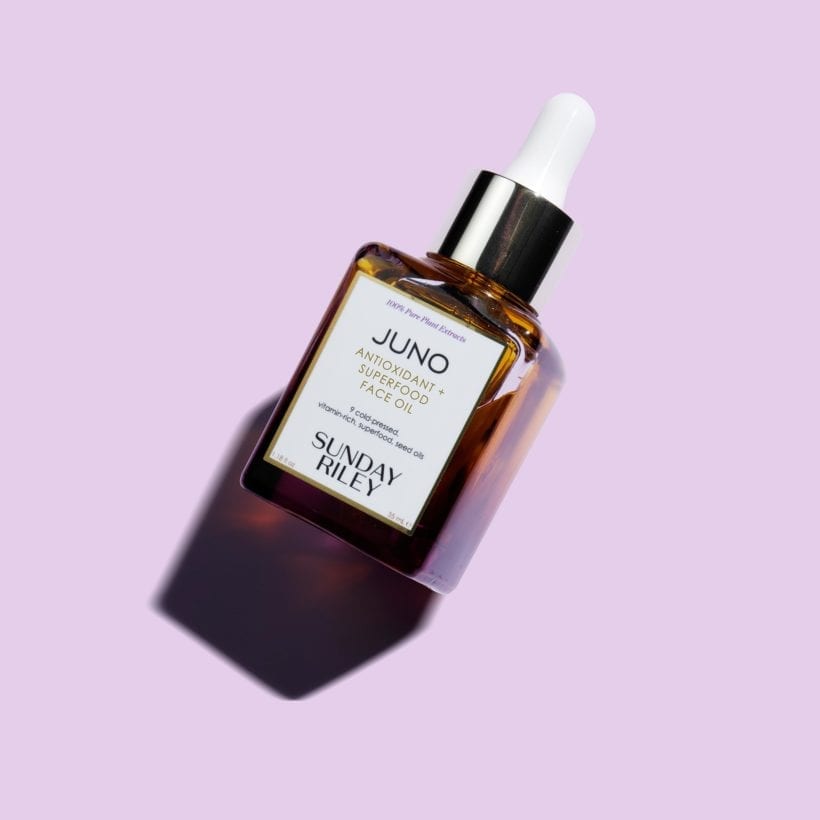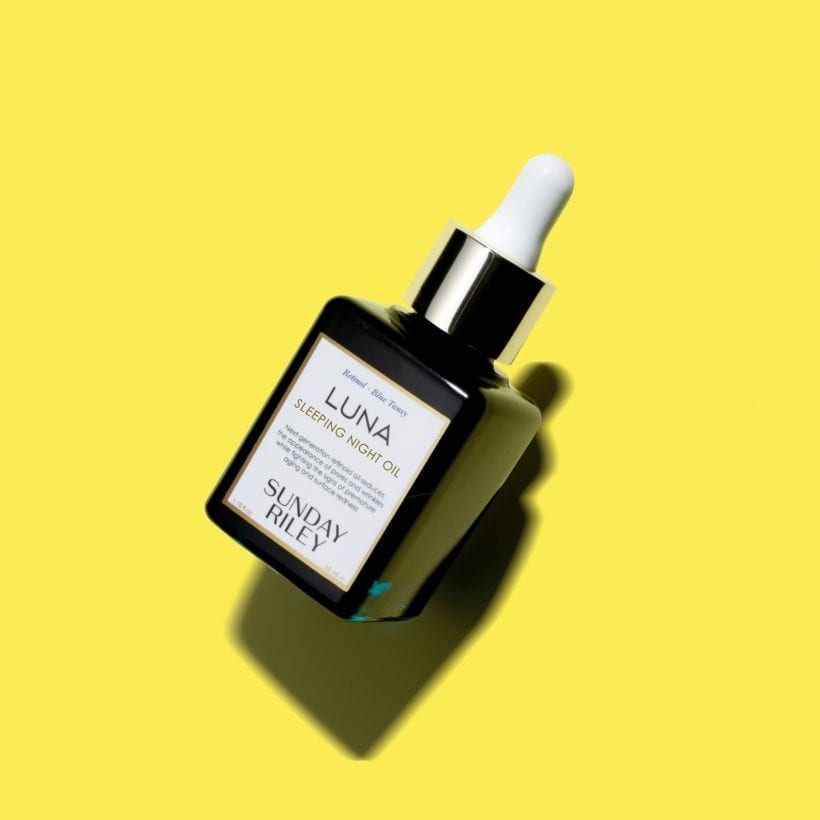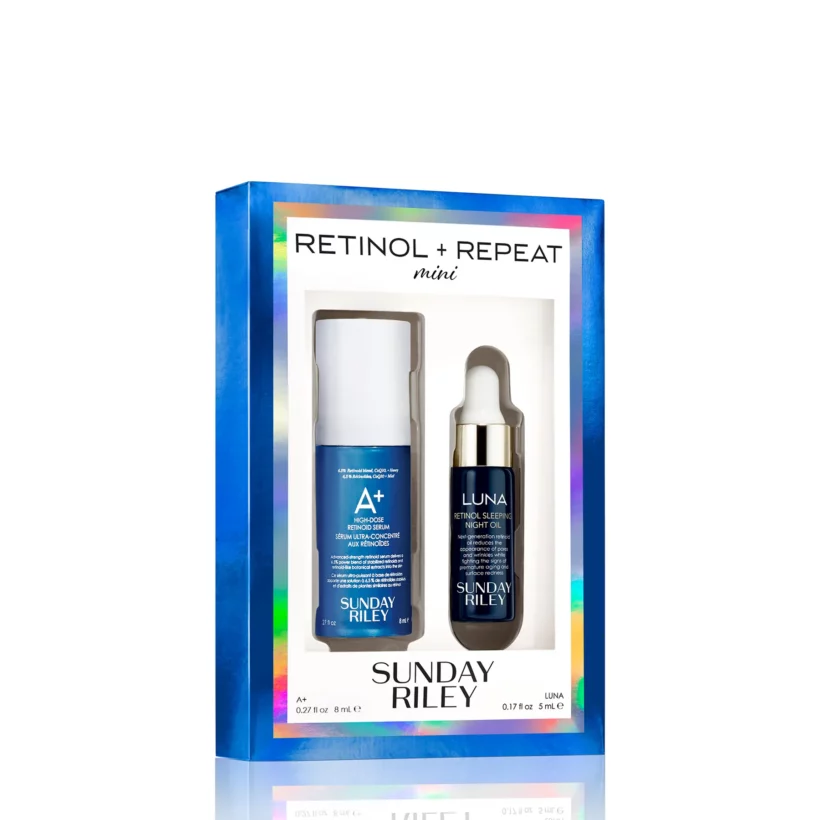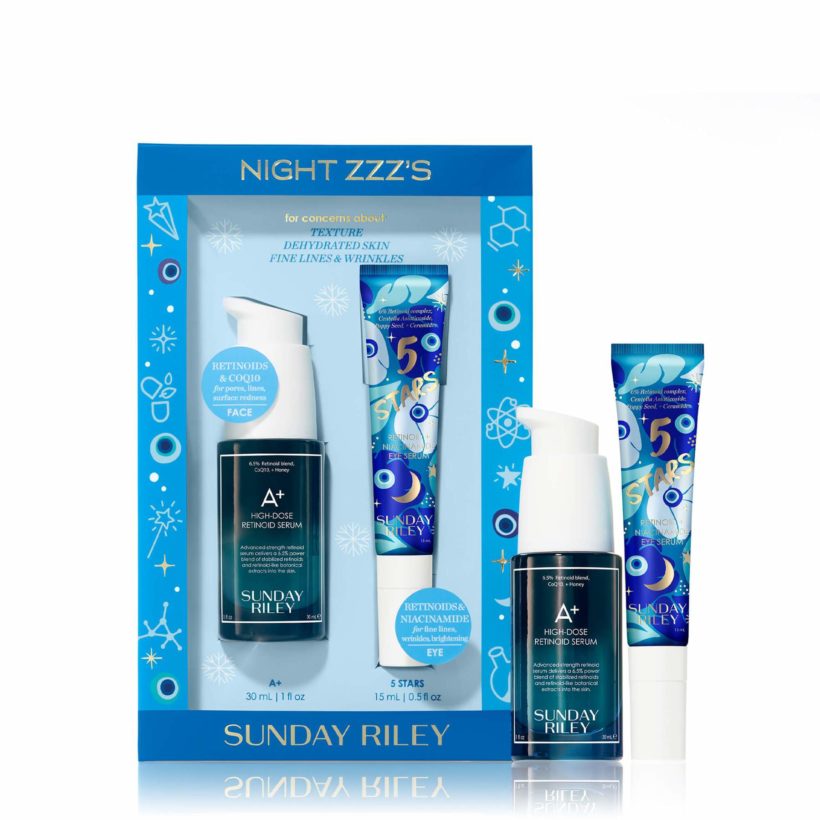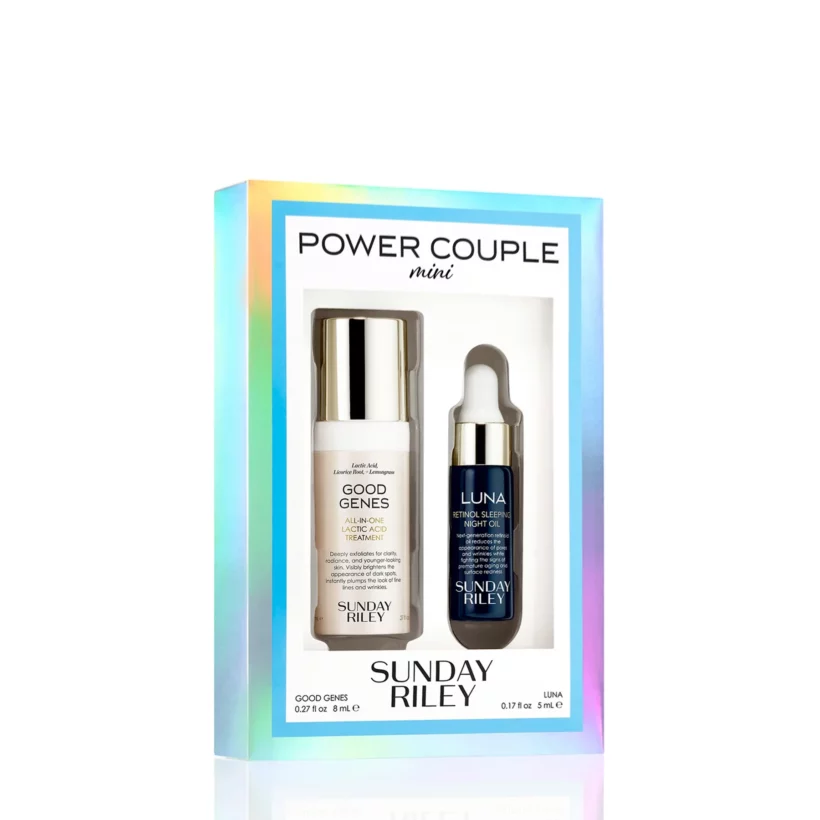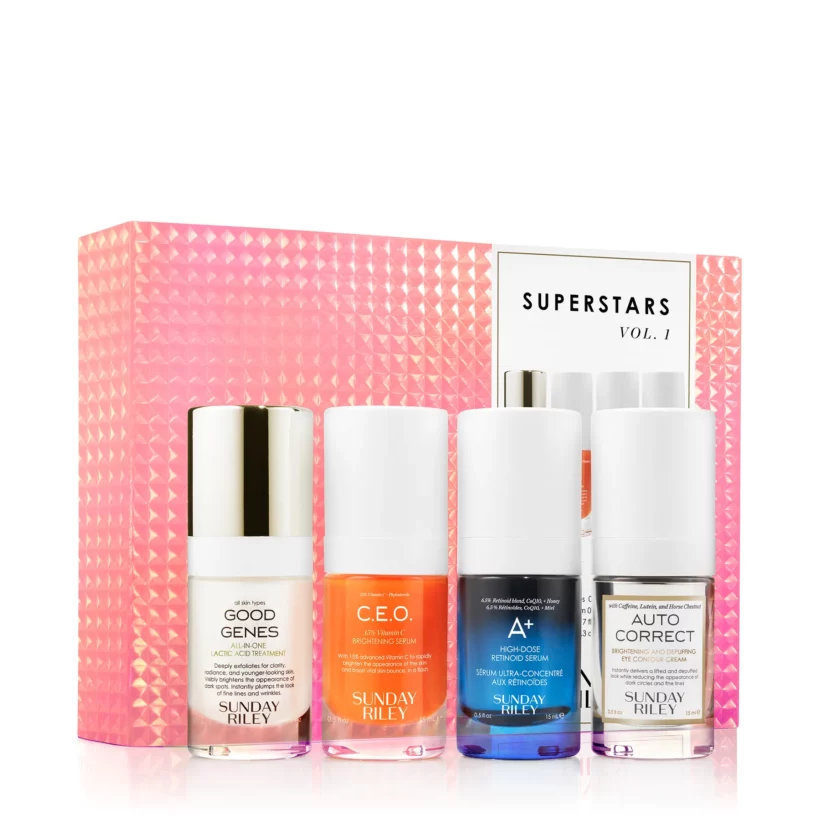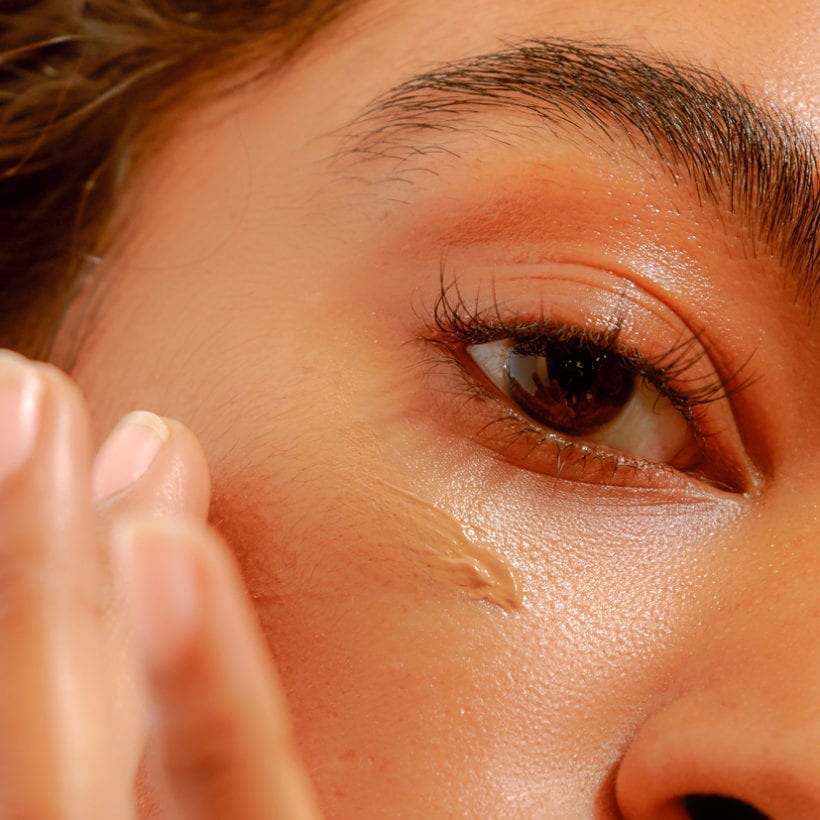They say few things in life are certain except death and taxes. But, in the beauty world, we’re sure of another thing: Healthy, glowy skin is largely thanks to plenty of water, a great SPF, and consistent use of retinol.
This vitamin A derivative is one of the most effective substances in our arsenal at slowing the aging process, notes Elaine Kung, M.D. Though retinol is mainly praised for its ability to smooth out fine lines and wrinkles, even if you’re not trying to turn back the clock on your skin, dermatologists recommend this vitamin A derivative for a wide variety of skin types and goals. It’s also efficient at fighting acne, hyperpigmentation, and skin discoloration, plus it can support the production of new blood vessels, thereby improving skin tone. Another perk of using retinol is that it can unclog pores. Since it stimulates skin cells on the skin’s surface to turn over and rapidly shed, it prevents the dead skin cells from building up in the pores themselves, explains Margarita Lolis, M.D.
Meet the Experts
Elaine Kung, M.D. is a New York City-based cosmetic dermatologist.
Margarita Lolis, M.D. is a board-certified dermatologist at Schweiger Dermatology Group in Hackensack, New Jersey.
Though as magical as retinol is and well-tolerated by most skin types, it’s not exactly an ingredient you should slap on and go. Like any other active ingredient, there are a few key tricks and tips to ensure you’re using your retinol effectively and avoiding side effects like dryness and irritation. Here are the common mistakes people make when incorporating retinol into their routines, especially if it’s your first time experimenting with it.

You’re applying too much
Dermatologists often see their patients applying too much retinol at one given time. Follow the instructions on your product labels, but for the most part, all you need for your entire face is a pea-sized amount. For example, Sunday Riley A+ High-Dose Retinoid Serum needs one or two pumps, as a little goes a long way. Using more than that will not make it work any harder or faster, but will increase your chances of severe dryness and irritation, warns Dr. Lolis. “If you overdo the application and are experiencing severe dryness and irritation, wait a few days for the skin to calm down to restart using it again,” she says.
If you’re new to retinol, try the two days on, two days off method before you work your way up to daily use. If you have super-sensitive skin, try first massaging on a gentle, moisturizing oil like Sunday Riley C.E.O. Juno Antioxidant + Superfood Face Oil to your skin before applying your A+ Serum to create a soothing base. And if you’ve been using retinol for a while, make sure you’re consistent with your routine for best results.
You’re applying it in the a.m.
Not only is the amount of retinol you use important, but when you use it is key. Many skincare products are intended for morning application. However, retinol is not one of them. This is because retinol is easily broken down when exposed to direct sunlight. As a result, it could make your skin more susceptible to sunburns. If you want your retinol to work the hardest for your skin, it’s best applied at night — just before you go to bed. At night, your skin is already working hard to repair and regenerate itself, and retinol gives it an added boost.
You’re using it with benzoyl peroxide or exfoliants
Dr. Kung recommends avoiding using benzoyl peroxide (BPO) and exfoliants like alpha-hydroxy acids (AHAs) or beta-hydroxy acids (BHA) products at the same time as retinol. “Sometimes, these ingredients may irritate the skin barrier making retinol use more intolerable,” she says. “If you tend to have sensitive skin, don’t use all these potentially skin-irritating ingredients simultaneously.” Instead, she recommends scoring the benefits of each ingredient by using them on a rotational basis.

You’re not consistent with usage
You might halt usage at the first sign of sign effects, and while it’s a good rule of thumb to chat with your dermatologist if you’re worried about certain symptoms, you can almost always expect at least some dryness with retinol use. Most of the time, your skin becomes conditioned to it over time and the dryness subsides. “Minimal dryness and flaking are normal and are part of the process,” says Dr. Lolis. “After consistent use — per your provider’s directions if prescription or by the package directions — the irritation will subside because your skin will have adapted to the product.” However, if it’s completely unbearable, she recommends decreasing the number of times you use it per week and stopping altogether if you experience severe burning or irritation.
You’re using it during pregnancy or while nursing
The American College of Obstetricians and Gynecologists (ACOG) recommends against the use of retinol during pregnancy for concern over potential congenital disabilities in the fetus. For mothers who breastfeed, it’s also recommended to avoid retinol as it is thought to be passed on to your child through breast milk, although research is unclear. Dr. Kung points out that vitamin A derivatives are often peppered throughout skin care products, including eye creams, serums, and night creams, so it’s important to read the ingredients list of your skincare products to make sure they do not contain any vitamin A derivatives such as retinol, retinyl acetate retinyl palmitate, and retinaldehyde. In addition, there are alternatives to retinol that are pregnancy-safe and have the same rejuvenating powers like bakuchiol and vitamin C.
We only recommend products we have independently researched, tested, and loved. If you purchase a product found through our links, Sunday Edit may earn an affiliate commission.
